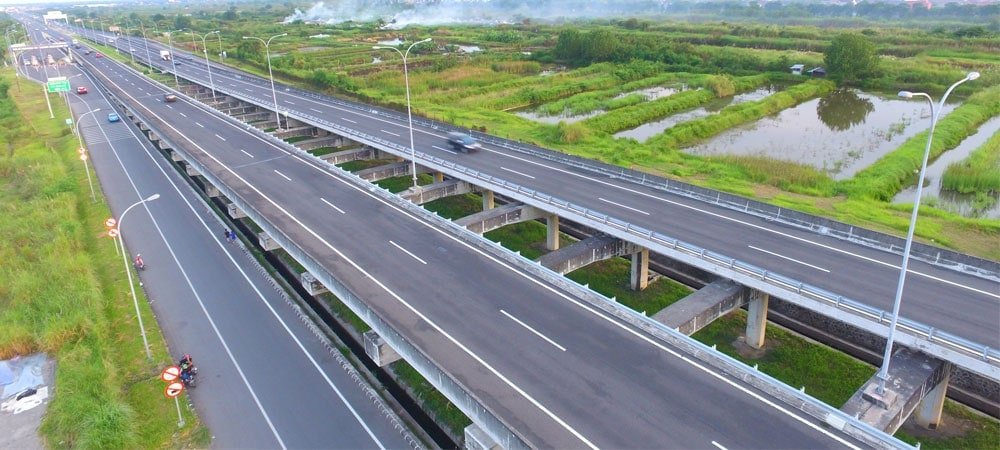The way is the goal


Karin Gräslund, DSAG: "We are asking for nothing less than the technical framework to be able to comply with the law and turn it into a competitive advantage." The Supply Chain Due Diligence Act (LkSG) heralds an urgently needed paradigm shift in Germany: If corporate responsibility on a voluntary level has no effects in supply chains, then specifications for human rights and environmental protection must be binding and implemented with government measures to identify risks, prevent violations, minimize them together, and end them. So much for the theory, the German-speaking SAP User Group - with the support of SAP - will now also provide the much-needed practical benefit to the LkSG.
"After all, we all have to handle the new law optimally with the existing IT infrastructures, software licenses and maintenance contracts; because administrative work and legal requirements will continue to increase," says Karin Gräslund. The Act on Corporate Due Diligence in Supply Chains - LkSG for short (Lieferkettensorgfaltspflichtengesetz) - was passed by the German Bundestag on June 11 last year and obliges companies with their registered office or branch in Germany to observe, implement and, if necessary, punish human rights due diligence obligations within their global supply chains.
However, the due diligence obligations only apply legally to direct suppliers and, where applicable, their suppliers. In the fight against human rights violations and environmental destruction, this will help legally, but for a very practical and proactive "jolt through corporate society" this message falls far short.






